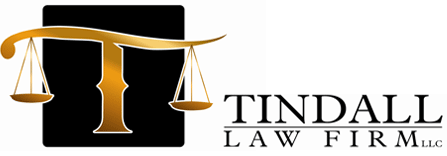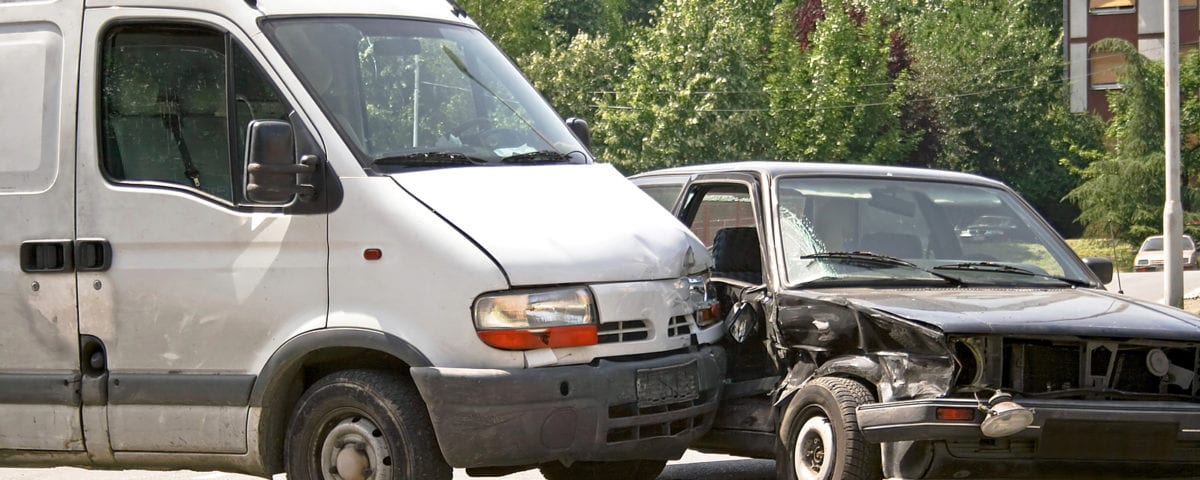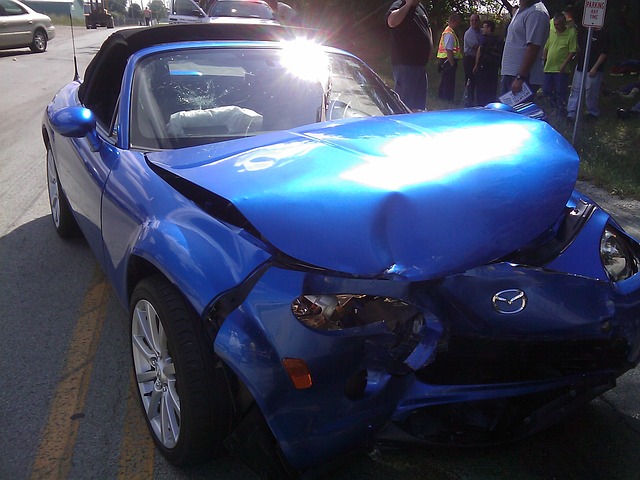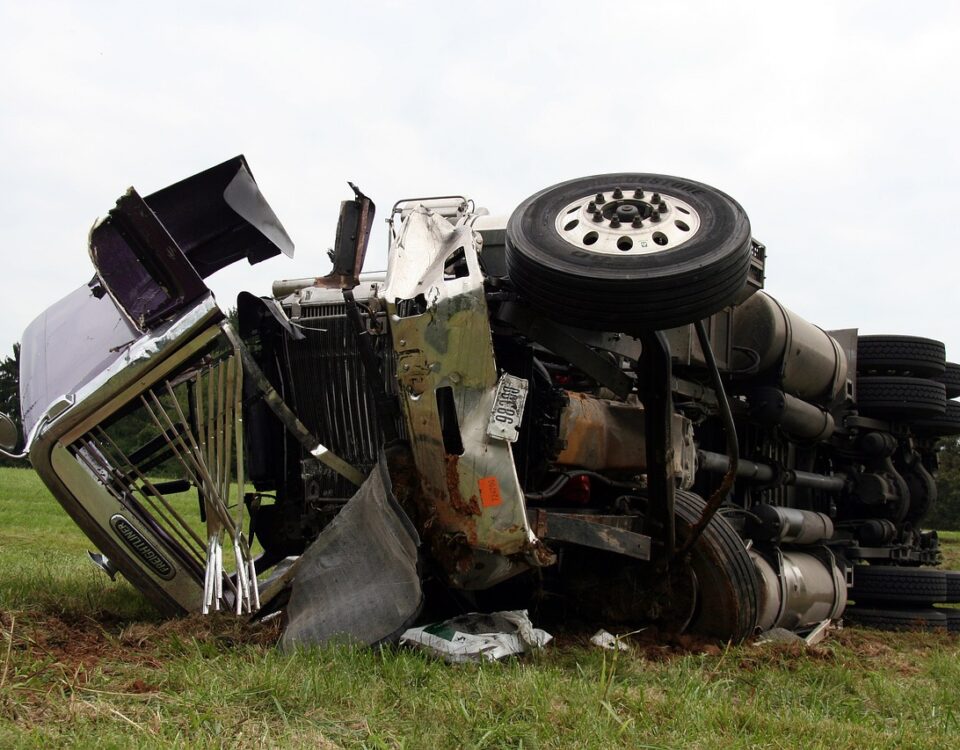Work Vehicle Accidents and Liability in Connecticut
A Tradition of Excellence
 Sampling of Successful Case Resolutions
Sampling of Successful Case Resolutions
 Read our answers to some frequently asked questions.
Read our answers to some frequently asked questions.
Statement
 View Our Mission Statement
View Our Mission Statement

Winter Woes: Navigating Slip and Fall Accidents on Icy Ground
February 16, 2024
Summarizing Personal Injury Negligence Cases in Connecticut: The Importance of Legal Representation
April 2, 2024In Connecticut, as in many states, navigating the aftermath of a work vehicle accident involves a complex interplay of traffic laws, employment practices, and insurance policies. For employers and employees alike, understanding the nuances of liability and compensation is crucial. From the perspective of a legal professional, it’s important to dissect the key elements that shape liability and responsibility in these incidents.
Understanding the Basics of Liability
In the realm of work vehicle accidents, liability hinges on several factors, including the nature of the accident, the employment status of the driver, and the specifics of the vehicle’s use at the time of the incident. Connecticut law, grounded in both statutory provisions and case law, outlines clear distinctions for determining fault and responsibility.
1. Vicarious Liability and the Doctrine of Respondeat Superior:
Under Connecticut law, employers can be held vicariously liable for the actions of their employees under the doctrine of Respondeat Superior, provided the employee was acting within the scope of their employment at the time of the accident. This principle asserts that actions taken by an employee in the performance of their duties are, effectively, actions taken by the employer because the employee is furthering the interests of the employer during the performance of their duties.
2. Negligence and Personal Liability:
While employers can be liable for their employees’ actions, employees are not absolved of personal responsibility. An employee who engages in negligent behavior, such as driving under the influence or violating traffic laws, can be held personally liable. The distinction here lies in the degree to which the employee’s actions deviate from their employment duties and responsibilities.
Key Considerations for Employers
For employers, mitigating the risk of liability in work vehicle accidents involves several proactive steps:
1. Comprehensive Insurance Coverage:
Ensuring that all work vehicles are covered by a comprehensive insurance policy is paramount. This includes not only basic liability coverage but also, collision and comprehensive coverage, along with a large umbrella insurance policy.
2. Employee Training and Policies:
Implementing rigorous training programs for all employees who operate vehicles as part of their job duties can reduce the risk of accidents. Clear policies regarding vehicle use, maintenance, and safety standards are also vital.
3. Regular Vehicle Maintenance:
Employers should establish and adhere to a regular maintenance schedule for all work vehicles. Failure to maintain vehicles properly can lead to mechanical failures that contribute to accidents, potentially increasing the employer’s liability.
Considerations for Employees
Employees who drive work vehicles also have responsibilities and rights under Connecticut law:
1. Adherence to Traffic Laws and Company Policies:
Employees must comply with all traffic laws and internal company policies regarding vehicle use. Failure to do so not only increases the risk of accidents but can also shift liability towards the employee.
2. Reporting and Documentation:
In the event of an accident, employees should promptly report the incident to their employer and law enforcement, if necessary. Documenting the scene with photos, obtaining witness statements, and filing an accurate report can be crucial for insurance and legal processes.
3. Workers’ Compensation:
Injuries sustained in work vehicle accidents may qualify for workers’ compensation benefits under Connecticut law. Navigating these claims requires an understanding of the eligibility criteria and the claims process.
Navigating Legal Challenges
The aftermath of a work vehicle accident can bring forth a myriad of legal challenges, from determining liability to negotiating with insurance companies. Victims of such accidents—whether employees or third parties—may find themselves navigating complex legal terrain to secure compensation for damages and injuries.
For employers, a proactive approach to risk management, combined with a thorough understanding of legal obligations, can mitigate liability and protect both the company and its employees. Employees, on the other hand, must balance adherence to policies with an awareness of their rights under the law.
In all cases, consulting with a legal professional experienced in work vehicle accidents and liability law in Connecticut is advisable. A lawyer can provide invaluable guidance, from interpreting the nuances of state law to representing parties in negotiations or litigation. The ultimate goal is to ensure that justice is served, liabilities are fairly assessed, and all parties involved receive the support and compensation they are entitled to under the law. Learn more at https://tindall-lawfirm.com/work-vehicle-accidents/
At Tindall Law Firm, LLC, we represent injury victims and their families in workers’ compensation and third-party claims in Connecticut. With the assistance of an experienced lawyer Attorney Tavis Tindall of Tindall Law Firm, LLC, who has 27 years extensive experience in handling these types of cases you may collect the maximum compensation allowed under the law. For a free consultation with a Waterbury work vehicle accident attorney, please call 203.755.0018 or contact us online.










